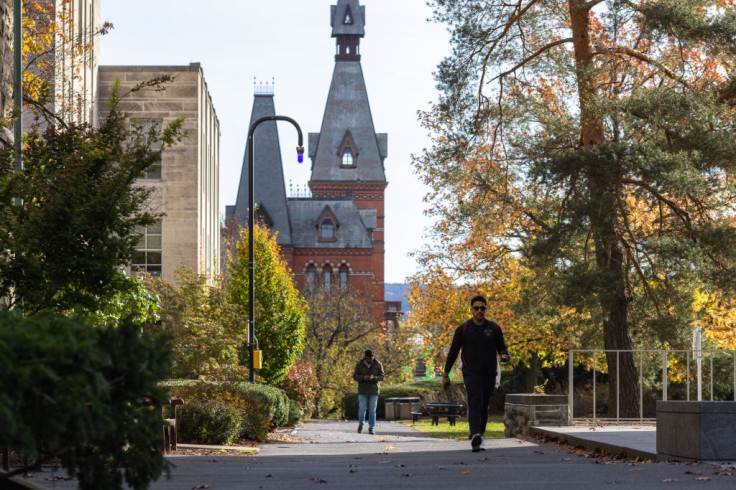Trump Administration Freezes Federal Funding to Cornell and Northwestern Amid Antisemitism Probes
By
WASHINGTON, D.C. – The Trump administration has frozen over $1 billion in federal funding to Cornell University and approximately $790 million to Northwestern University as part of ongoing civil rights investigations into alleged antisemitic incidents on both campuses, the Department of Education confirmed Tuesday.
The funding freeze impacts a wide range of federal support—from research grants to academic contracts—across multiple agencies, including the Departments of Education, Health and Human Services, Agriculture, and Defense. It marks the latest escalation in the administration's crackdown on institutions accused of failing to address campus antisemitism.
"We will not tolerate the misuse of taxpayer dollars at institutions that ignore their responsibilities to maintain a safe and nondiscriminatory learning environment," Education Secretary Miguel Cardona said in a statement.
Universities Respond
Both universities responded with concern, noting the substantial impact the funding freeze could have on research, faculty, and students.
In a statement, a spokesperson for Northwestern University said they had not received formal notice from the government but were reviewing the reports. "Federal research funding supports critical work in areas like Alzheimer's treatment, biomedical engineering, and climate science," the statement read. "We are committed to fostering a safe, inclusive, and respectful academic environment for all."
Cornell has also yet to receive official notice, but students and faculty have already begun sounding the alarm. Protests erupted on campus last week, with graduate researchers raising concerns about interrupted projects, frozen stipends, and restricted lab access.
"I can't even get into my lab," said Alex Lando, a doctoral candidate whose work on using fungi for pest control has been halted. "We're being punished for something we don't even fully understand yet."
Part of a Broader Crackdown
The move follows a broader trend by the administration to hold universities accountable for campus unrest, particularly around pro-Palestinian protests, DEI initiatives, and transgender policies. Earlier this year, Columbia University had $400 million in funding canceled, while Harvard faced a review of nearly $9 billion in federal aid. Princeton and the University of Pennsylvania are also under scrutiny.
While the administration maintains these measures are necessary to protect students from discrimination, critics argue that the policies are politically motivated and could chill academic freedom.
"This isn't about combating antisemitism—it's about punishing universities for allowing free speech and protest," said David Halpern, a civil liberties attorney based in New York. "It sets a dangerous precedent."
What's Next?
Both Cornell and Northwestern are expected to enter negotiations with the Department of Education to resolve the complaints. If the universities can demonstrate compliance with Title VI of the Civil Rights Act, which prohibits discrimination based on race, color, or national origin in federally funded programs, funding may be restored.
As the standoff continues, higher education institutions across the country are bracing for potential ripple effects. Many fear the administration's aggressive posture could lead to further funding disruptions, administrative overreach, and the erosion of institutional autonomy.
"Universities must be accountable," said one senior official in the Department of Education. "But that accountability must be balanced with academic independence and due process."
© 2025 University Herald, All rights reserved. Do not reproduce without permission.








